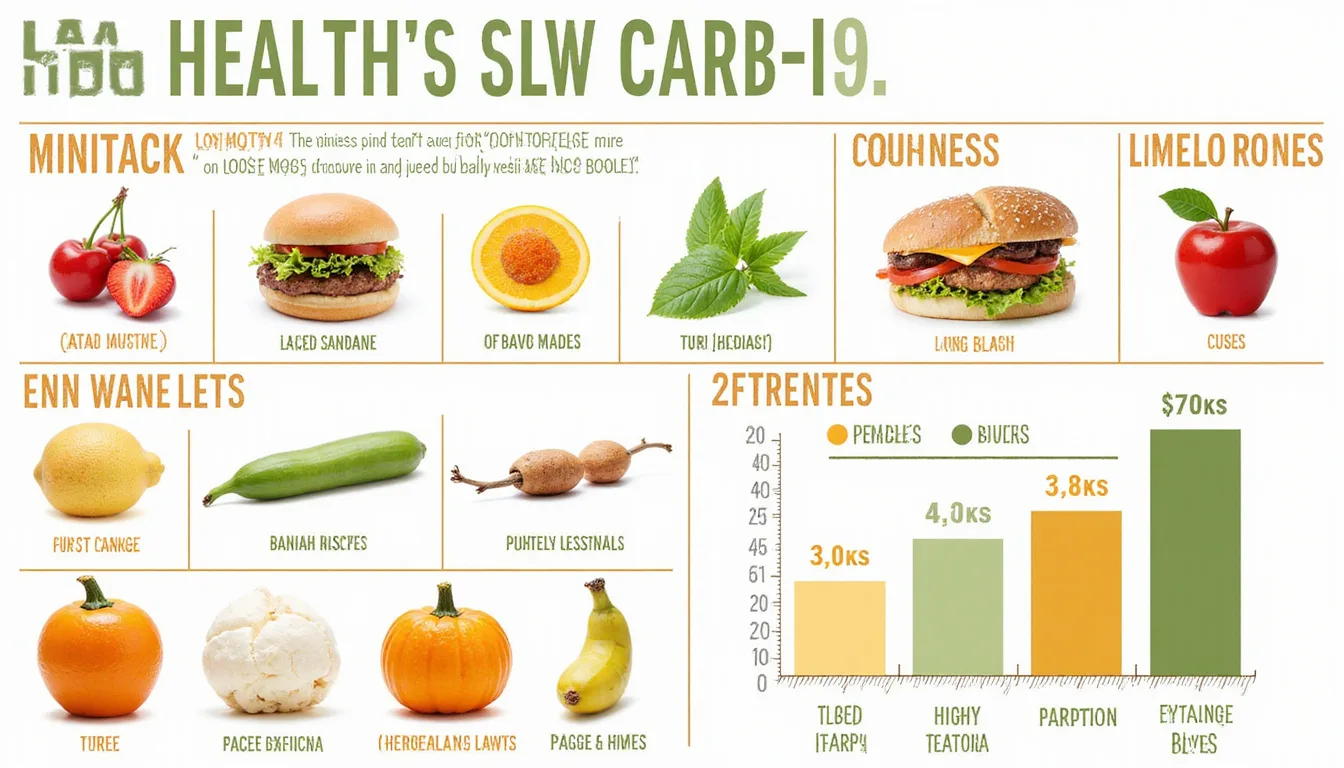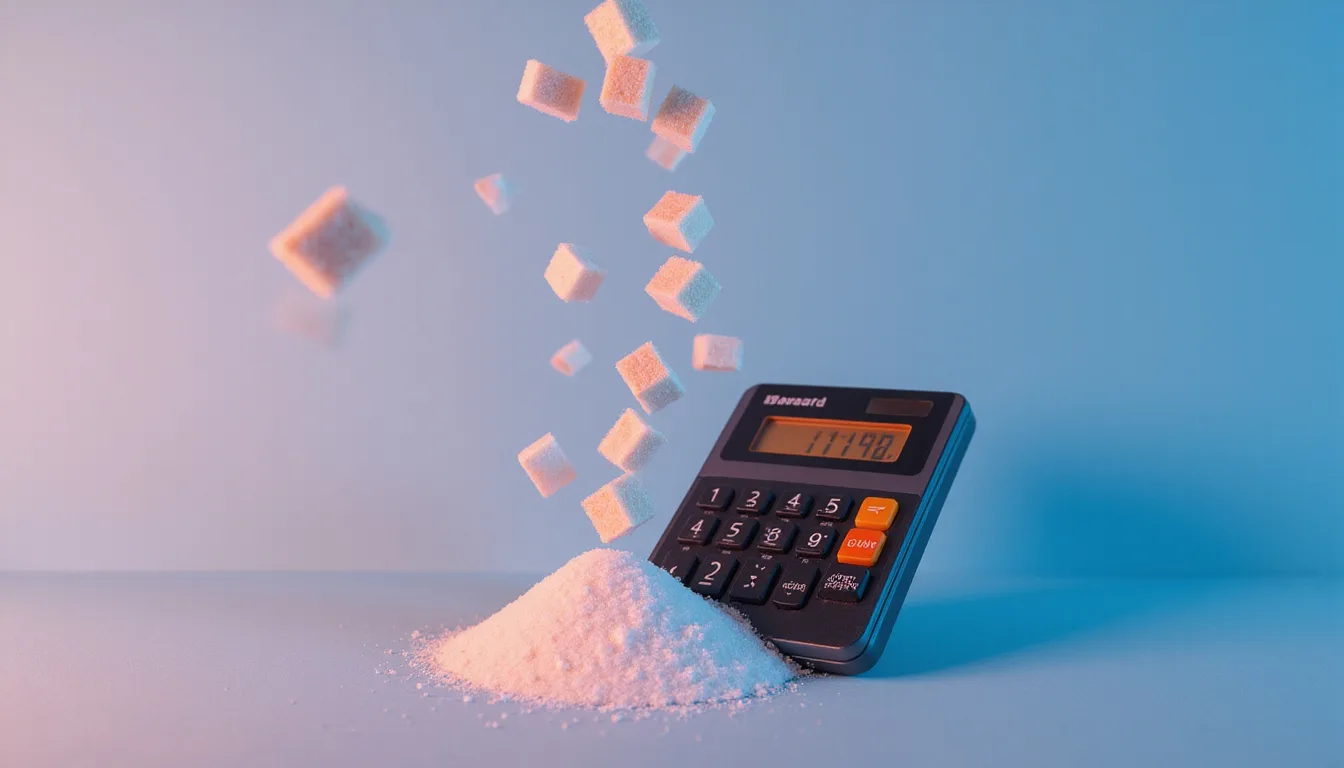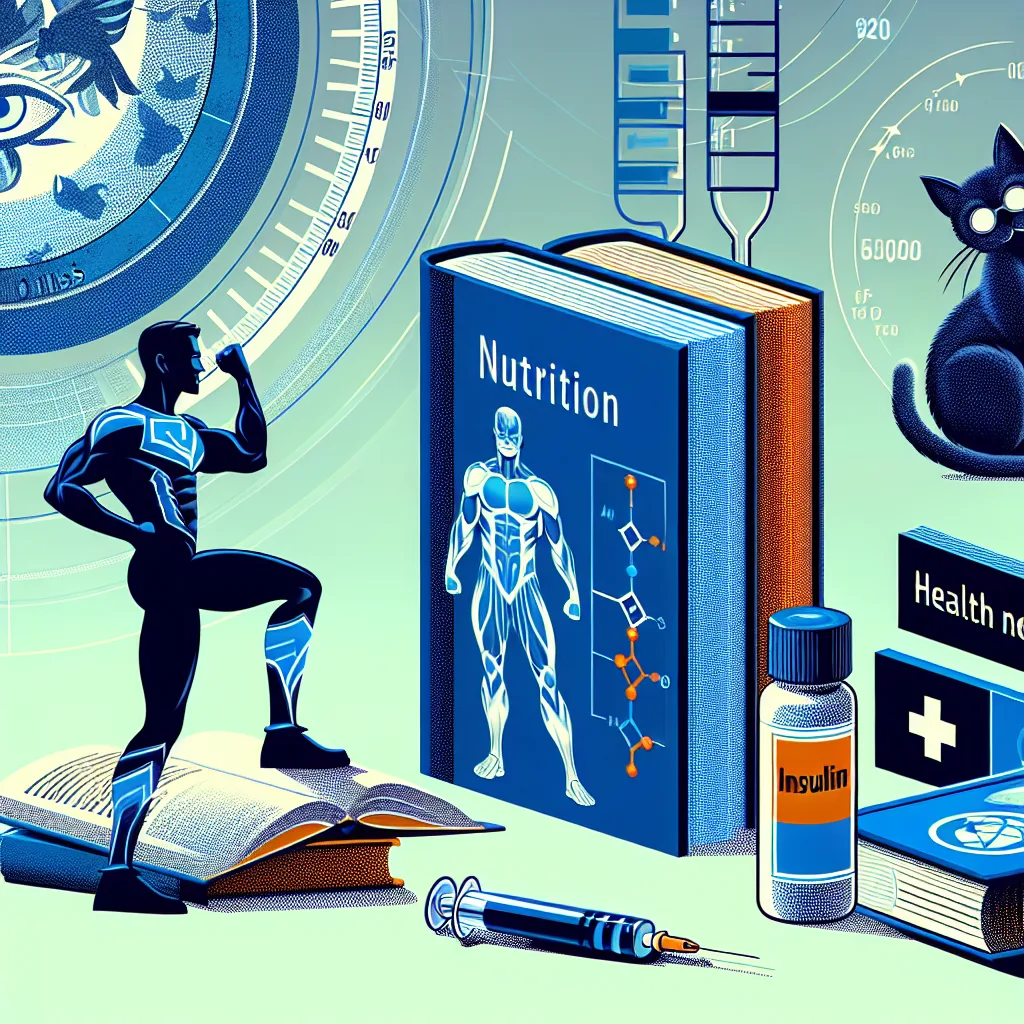
Maintaining proper hydration stays important for health. On a low carb diet, drinking well becomes even more key. Low carb hydration poses a clear test. Reducing carbs changes how your body saves and uses fluids and electrolytes. To stay full of energy and keep well while following a low carb way of eating, you must know how to care for hydration.
In this article, we look at top ways to improve low carb hydration. We focus on the balance of water and needed minerals, share simple tips to keep you hydrated, and point out mistakes that may leave you tired or low on water. Whether you are new to low carb diets or want to adjust your current routine, these points help you keep feeling lively and well.
Understanding Low Carb Hydration: Why It’s Different
When you cut carbs, your body changes how it handles water and salts. Carbs stored as glycogen hold water. In fact, every gram of glycogen keeps about 3 to 4 grams of water. When your glycogen goes down because you eat few carbs, this water leaves your body in urine. This process speeds up fluid loss.
This extra urination can lead to dehydration and salt imbalances if you do not refill water and minerals. Low carb hydration means you must care about water along with sodium, potassium, and magnesium. These minerals help your body use energy, send signals through nerves, and keep muscles working well.
Essential Electrolytes for Low Carb Hydration
Electrolytes help your body use water and stay active. Here are the key salts to think about when you care for low carb hydration:
- Sodium: With fewer carbs, insulin drops and the kidneys send more sodium out. You may feel tired, get headaches, or feel dizzy. A pinch of salt on food or a cup of broth can help keep sodium in check.
- Potassium: This salt helps your muscles work and keeps your heart steady. On a low carb diet, your potassium might drop. Foods such as avocados, spinach, and nuts give you potassium.
- Magnesium: Magnesium helps with energy and lets muscles relax. Without enough magnesium, you might get cramps or feel weak. Leafy greens, nuts, and seeds can add magnesium. You may also ask your doctor about a supplement.
Mixing water and these salts well is key to low carb hydration.
Top Strategies to Improve Low Carb Hydration
Below are simple ways to keep water and minerals balanced when you live a low carb life:
1. Drink Enough Water, but Not Too Much
Drink enough water, as your body loses fluids faster on few carbs. Aim for at least 8 to 10 cups every day. Do not drink so much that your salts get diluted.
2. Have Foods and Drinks Rich in Electrolytes
Eat foods high in potassium and magnesium. Season your food with salt to fix sodium loss. You can sip broth or a drink mixed with extra salts to add more minerals.
3. Keep an Eye on Your Hydration
Watch signs like dark urine, a dry mouth, headaches, or dizziness. Light yellow urine usually tells you things are fine.

4. Use Electrolyte Supplements with Care
If food alone cannot give you enough salts, you might try supplements. Forms like magnesium citrate or glycinate work well. You can also use sodium or potassium supplements if your doctor agrees.
5. Match Water Intake with Physical Activity
When you work out or are active, you lose more water and minerals. Change your drinks and salt intake to match the sweat you lose.
6. Skip High-Sugar Sports Drinks
Many sports drinks have too much sugar and carbs, which are no good for few carb plans. Pick a drink with no carbs or mix your own using salt, potassium chloride, and magnesium citrate in water with a bit of lemon.
Common Missteps in Low Carb Hydration and How to Avoid Them
- Overlooking Salt Needs: Just drinking plain water can make salt levels fall. This drop can bring low energy and cramps.
- Drinking Excess Water: Too much water can drop blood sodium to a low and dangerous level.
- Ignoring Extra Needs from Activity: If you exercise, your body loses more water and salt. Not matching this loss can slow you down.
- Forgoing Food Sources of Minerals: Whole foods give a range of salts and nutrients needed for good hydration. Do not depend only on pills.
Low Carb Hydration: Sample Daily Routine
Here is a plain plan to spread hydration over your day on a low carb diet:
- Morning: Start with a glass of water mixed with a pinch of sea salt and a squeeze of lemon.
- Breakfast: Eat foods high in potassium, such as spinach or avocado.
- Midday: Drink water, and munch on a small serving of nuts or seeds for magnesium.
- Lunch: Drink broth or add a pinch of salt with your meal for sodium.
- Afternoon: Sip on water mixed with salts or enjoy herbal tea.
- Dinner: Eat leafy greens and season your food with salt.
- Before Bed: Have a snack with magnesium, like pumpkin seeds, or think about a magnesium supplement.
Tips for Staying Energized on Low Carb
- Eat at regular times to keep energy steady.
- Avoid too much caffeine as it may push your fluids out.
- Get good sleep and keep stress low, as these affect hydration.
- Check your water and salt levels often, especially after you change your diet.
Frequently Asked Questions About Low Carb Hydration
Q1: How many cups of water should I drink on few carbs?
A: Try to have about 8 to 10 cups (64 to 80 ounces) each day. Your body size, level of activity, and weather can change this. Listen to your thirst and check your urine color.
Q2: What are good sources of electrolytes on few carbs?
A: Leafy greens, avocados, nuts, seeds, and broth help give you potassium, magnesium, and sodium. Powders or supplements may help if you need more.
Q3: Can I have sports drinks on a low carb diet?
A: Most sports drinks have too much sugar and carbs. It is better to choose a drink with no carbs or mix your own with mineral salts and water.
Conclusion: Focus on Low Carb Hydration for Energy and Health
Hydration on few carbs needs care for both water and key salts. By learning how water changes in your body and using ideas like eating foods rich in electrolytes, keeping water in check, and changing water needs with your activity, you can stop dehydration and tiredness. These steps help you feel strong, keep your body working well, and let you enjoy a low carb way of life.
Begin using these low carb hydration steps today to boost your health. Remember, hydration means not only water but also giving your body the salts it needs to do its work well. Keep your body happy, full of energy, and healthy with smart water care.
References:
For more ideas on salt balance and hydration, visit the Cleveland Clinic’s guide on electrolytes and hydration here.
[center]Always consult with your doctor prior to making drastic diet changes.[/center]
[center]As an Amazon Affiliate, Savvy Keto makes a small commision (at no extra cost to you) on any purchases you make thru affiliated links you click on.[/center]




